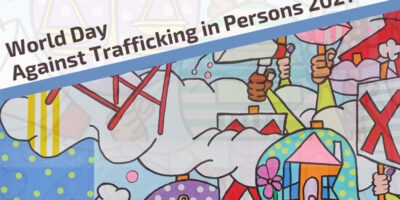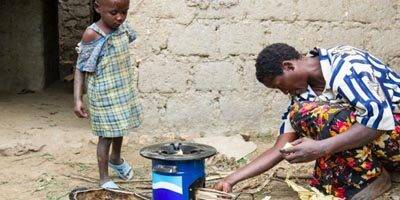25% of organizations say people are suffering and dying as programs scale back or close
Almost half of the 113 organizations that responded to a survey by the Canadian Council for International Cooperation say that delays and accompanying lack of project financing are slowing down or stopping project work in developing countries. 25% of those surveyed say that people are suffering or dying because urgently needed community development and health initiatives are not being provided.
42% say they have to restructure other programs, alter their overall budget, or draw on financial reserves to continue operating.
35% of organizations say funding delays have meant layoffs, delays in hiring, low morale, and employees quitting due to organizational uncertainty because of delays in getting CIDA funding commitments.
Almost 60% of organizations say their projects are being scaled back, shut down, or losing momentum and continuity, and 30% say that their international partners are in limbo while they wait for a decision from CIDA.CIDA funds aid groups partnering with mining companies
In September, the Canadian government announced new development aid funding for pilot projects with three major development NGOs who have partnered with mining companies to provide social development projects.
World University Service of Canada (WUSC) is partnered with Rio Tinto Alcan, Plan Canada with IAMGOLD, and World Vision Canada with Barrick Gold.The IMAGOL/Plan Canada project is the biggest, at $7.6 million. IAMGOLD’s press release about the funding says that “CIDA has approved funding of CDN$5,654,980 to support this five-year project which was jointly proposed by Plan Canada and IAMGOLD. Together, Plan Canada and IAMGOLD have committed CDN$1,919,830 to the project, which represents one of the largest public-private partnerships with an extractive company in CIDA’s history.”
The WUSC/Rio Tinto Alcan project budget is $928,000, of which CIDA is providing $500,000. The World Vision/Barrick Gold project budget is $1 million, of which CIDA is providing $500,000.
Funds for a new institute for extractive industries and development
In October, the government announced it would create a Canadian International Institute for Extractive Industries and Development to “benefit partner countries by enhancing their capacity to manage their respective natural resources, including minerals, oil and gas.” The institute is expected to be located at a university with a history of engagement in extractives, and to cost $25 million.
More than 200 groups participated in a new, competitive process for CIDA funding. Weeks after its own deadline had passed, CIDA announced funding support for 53 groups.
The new funding process requires groups to respond to a call for proposals. This means that CIDA decides the priorites and criteria, rather than groups themselves designing their projects and seeking support.
In the 2011 competition, 50 groups sought funding of more than $2 million. 41 were considered eligible, and 23 were approved (46% of the applicants). For funding under $2 million, 167 groups applied, 116 were considered eligible, and 30 were approved (18% of the applicants).The process frustrated many organizations with long-term relationships with CIDA who found themselves excluded from funding. Small groups are particularly affected, since they have less resources and capacity to respond to delays or loss of funding.
Some groups, such as the Christian faith-based group Kairos, were not surprised that, once again, they were denied funding. CIDA considers that funding Kairos would not be “good value for money.”
It is not known when CIDA will issue the next call for proposals, or what the criteria will be, so groups are finding it increasingly difficult to plan and prepare their programs.





